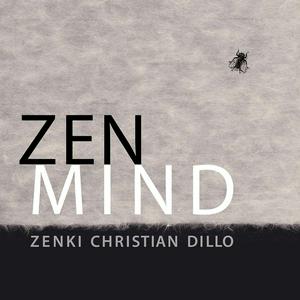This talk explores the experiential territory of the famous slogan from the Heart Sutra: "Form is emptiness, emptiness is form." At first, the talk differentiates between a realizational and a developmental approach in practice: Are we allowing our experience to be exactly as it is [realizational] or are we trying to alter and improve our experience [developmental]? The two approaches exist in an unresolvable tension but complement and complete each other like a dancing couple—just like emptiness and form. Emptiness can be understood and explored as openness, and conversely, form functions as layers of closure. The talk explores examples for how we can maintain openness (spaciousness) in the midst of closure, and how, on the other hand, we must always express and articulate that openness in concrete forms (closures).Welcome to Zen Mind!Love the dharma talks and want to hear more? Become a Premium Podcast subscriber for only $9/month. Dive deeper into the topics through Q&A sessions related to each of the talks. You can even ask questions of your own through the 'Ask Me Anything' platform and gain access to previously unpublished talks from intensives. Learn more here: https://zenmind.supercast.com/We are excited to announce that a NEW, self-paced course, "Undivided Activity", is now available! In this course, Zenki Roshi offers a complete commentary and experiential translation in a series of talks on Dogen's essay 'Undivided Activity'. Learn more and purchase the course here: https://www.boulderzen.org/undivided-activitySee all events and join our mailing list at www.boulderzen.org. Email us at
[email protected] you're enjoying these talks, please subscribe and leave us a rating or review!Zenki Christian Dillo Roshi is the the guiding teacher at the Boulder Zen Center in Colorado, USA. This podcast shares the regular dharma talks given at the center. Zenki Roshi approaches Zen practice as a craft of transformation, liberation, wisdom and compassionate action. His interest is to bring Buddhism alive within the Western cultural context, while staying committed to the traditional emphasis on embodiment.
